Beekeeping model for honey of Quang Da Agricultural Service Cooperative, Xuan Binh commune (Nhu Xuan).
Implementing the program “One Commune One Product” (OCOP), cooperatives and cooperative groups are the most active factors in each locality in implementing the criteria group on production, income, and poor households in the New Rural Development. From there, promoting the formation of collective economic models, cooperatives producing according to value chains associated with key products, large-scale and spreading, contributing increasingly effectively to socio-economic growth.
Quang Da Agricultural Service Cooperative, Xuan Binh Commune (Nhu Xuan) was established in 2022 with 24 members. Since its establishment, the Cooperative has focused on building the brand of Quan Da honey products to improve competitiveness in the market. In 2023, Quan Da honey of the Cooperative was recognized as a 3-star OCOP product. Thanks to focusing on improving quality, design and product promotion measures, the product has gradually dominated the market and been well received by many customers. Thanks to that, the Cooperative's revenue reaches 3 to 3.5 billion VND/year; the average income of workers is 5 to 7 million VND/month; the average income of member households is 10 to 12 million VND/month...
Realizing the role and importance of the collective economy, in recent years, the Provincial Cooperative Union has actively implemented the Law on Cooperatives and documents guiding its implementation; along with that, it has organized many training courses for cooperative managers, cooperative members, cooperative groups, production and business households. At the same time, it has provided consulting and guidance on the establishment of new cooperatives, resolved difficulties in accessing tax policies, land, infrastructure investment and agricultural product processing, supported brand building, trade promotion, market expansion, supported cooperatives to participate in the OCOP Program... Currently, 100% of cooperatives in the province have converted according to the Law on Cooperatives 2012. The number of agricultural cooperatives tends to increase, maintained and focused on developing the province's strengths and characteristics (orange products, medicinal herbs, tea, homestay); many cooperatives actively participate in forming production and product consumption models according to the value chain; Focus on production according to VietGAP and OCOP standards, associated with building brands and product labels, forming concentrated commodity production areas. Many cooperatives operating in the agricultural sector have proactively changed their production and business methods, sought and expanded markets; improved product quality; strengthened linkages and production cooperation. Thereby, contributing to the formation of a value chain from production to processing and consumption; ensuring the harmony of interests of participating entities; creating conditions for the gradual formation of high-tech agricultural - industrial - service complexes. Typically, Thieu Hung Agricultural Service Cooperative (Thieu Hoa) has implemented land consolidation, applied high technology, linked with Lam Son Sugarcane Joint Stock Company, invested in building greenhouses, net houses to grow cantaloupe and vegetables according to VietGAP standards, with stamps to trace the origin of goods. The model of growing Phalaenopsis orchids and growing cucumbers and cantaloupes of Dinh Tho Agricultural Cooperative (Quang Xuong) also generates tens of billions of VND in revenue per year. The model of linking members and farming households to grow tea on an area of 30 hectares and produce high-quality OCOP tea products of Binh Son Agricultural and Forestry Cooperative (Trieu Son) generates revenue of 2.5 billion VND per year. The Hoang Dao Clean Agricultural Production and Trade Cooperative (Hoang Hoa) invested more than 5 billion VND in purchasing machinery and building a factory to produce organic fertilizers, supplying members and farming households in the area of operation; creating an average income of 9 million VND per person per month for staff, members and workers.
In addition to positive results, the activities of many cooperatives in the province still have shortcomings and limitations that need to be overcome, such as: The capacity and qualifications of cooperative management staff are still low, mainly operating based on experience; production and business development thinking has not kept up with the development of the market mechanism, infrastructure, machinery and equipment and capital funds of cooperatives still have many difficulties. Many cooperatives do not have offices, lack many conditions for production, service business and moving towards digital transformation. Cooperatives still face many difficulties in concentrating and accumulating land. The number of cooperatives granted land use right certificates is still low...
Vice Chairman of the Provincial Cooperative Union Le Hong Hai said: “To develop and improve the efficiency of collective economy, the Provincial Cooperative Union is focusing on disseminating policies, laws and regulations on collective economy and cooperatives; advising relevant levels to develop and implement policies, programs, projects and plans for collective economy and cooperative development. Along with that, continue to improve the effectiveness of representation, protect the rights and legitimate interests of members; regularly follow up and proactively grasp the difficulties and problems of cooperatives to guide handling or propose solutions to levels and sectors. At the same time, mobilize resources and support from individuals and organizations inside and outside the province to promote collective economic development, contributing to promoting local socio-economic development, increasing income for members".
Article and photos: Khanh Phuong
Source: https://baothanhhoa.vn/doi-moi-hoat-dong-cua-kinh-te-tap-the-248272.htm


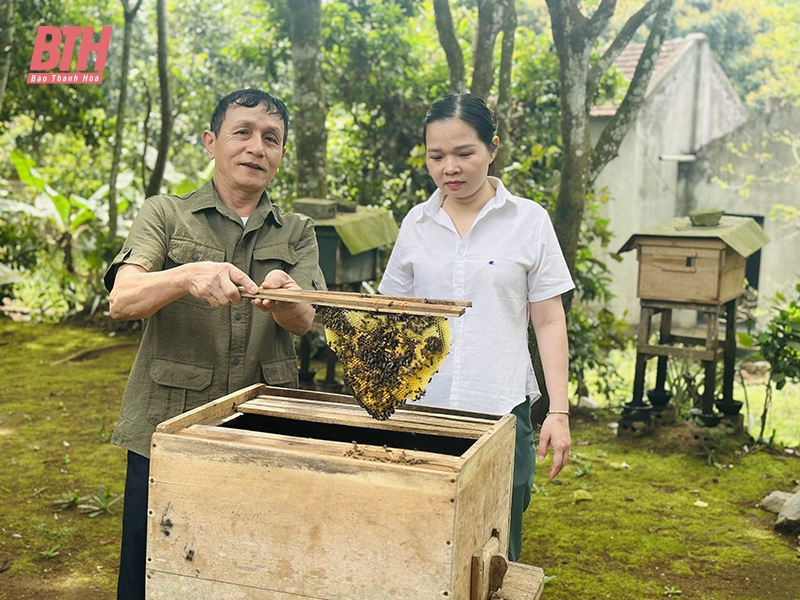
![[Photo] Prime Minister Pham Minh Chinh starts construction of vital highway through Thai Binh and Nam Dinh](https://vphoto.vietnam.vn/thumb/1200x675/vietnam/resource/IMAGE/2025/5/12/52d98584ccea4c8dbf7c7f7484433af5)

![[Photo] Prime Minister Pham Minh Chinh works with the Standing Committee of Thai Binh Provincial Party Committee](https://vphoto.vietnam.vn/thumb/1200x675/vietnam/resource/IMAGE/2025/5/12/f514ab990c544e05a446f77bba59c7d1)

![[Photo] Prime Minister Pham Minh Chinh receives Swedish Minister of International Development Cooperation and Foreign Trade](https://vphoto.vietnam.vn/thumb/1200x675/vietnam/resource/IMAGE/2025/5/12/ae50d0bb57584fd1bbe1cd77d9ad6d97)

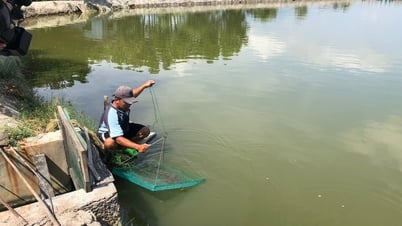


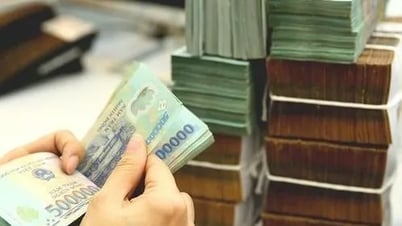






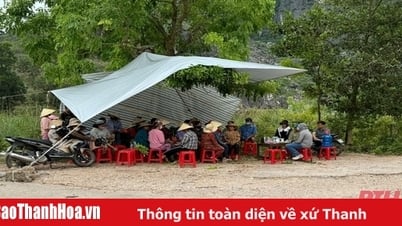


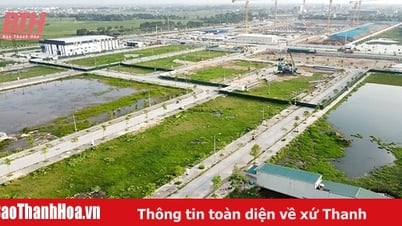

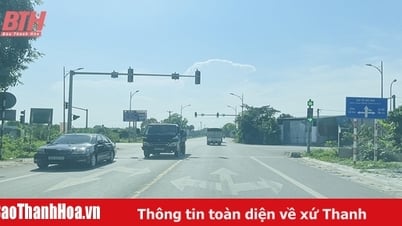


















































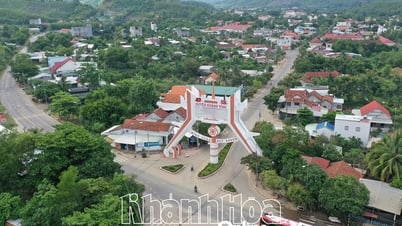














Comment (0)